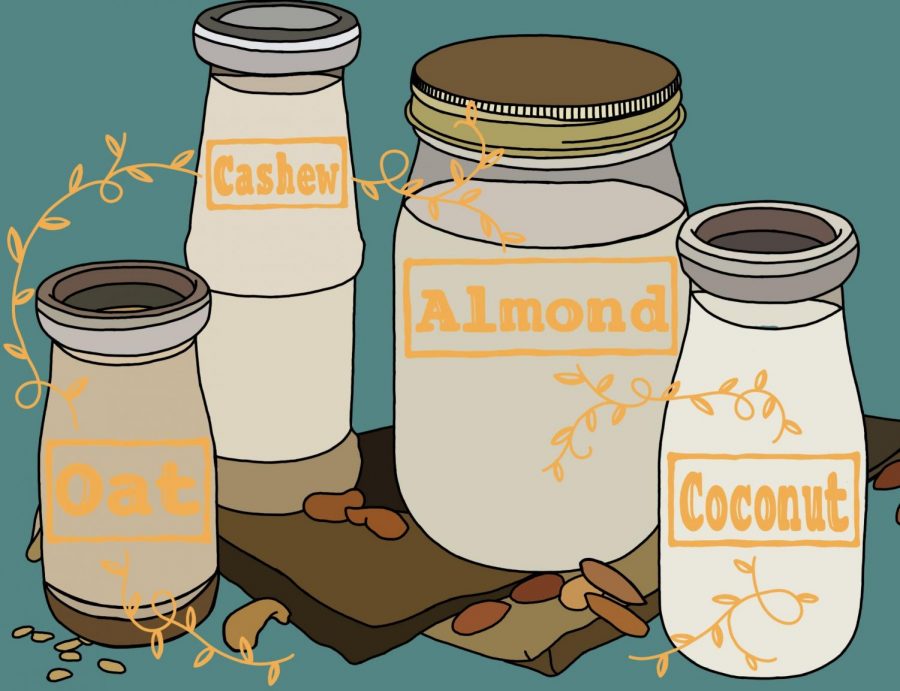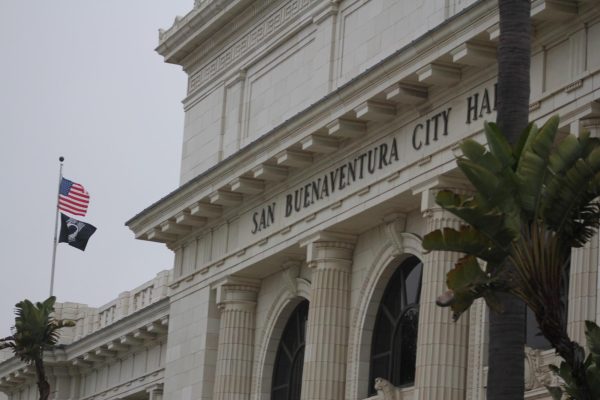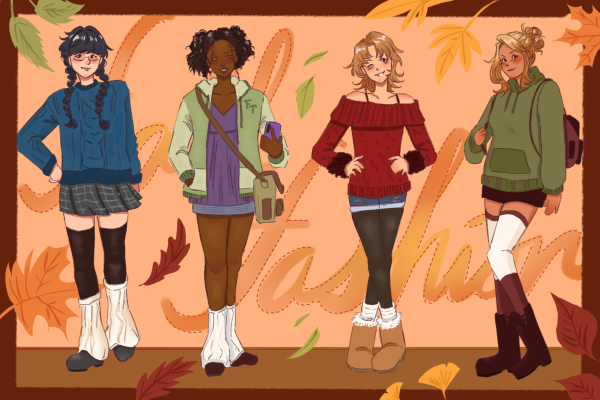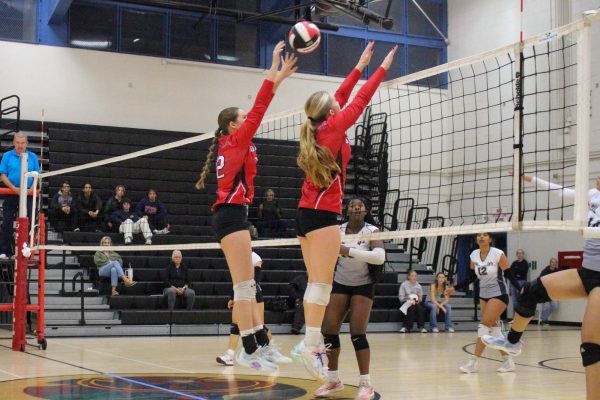OPINION: Got (alternative) milk?
The new alternatives to dairy milk have received a rise not only in popularity, but also in price, as major coffeehouse companies are charging an extra 80 cents to customers who chose the substitutes of almond, cashew, coconut or oat milk in their coffee, which is a cost that can add up quickly.
January 25, 2021
Whether you’re lactose intolerant, vegan or you just enjoy the taste of a good almond milk latte, you’re being charged 80 cents extra for milk alternatives in your coffee at chains who frankly don’t need the extra 80 cents. This expense may not seem like a lot, but it will probably bring your total to about four dollars for a small coffee; if purchasing coffee is a daily habit, that unnecessary extra charge adds up quicker than you would imagine.
Now, I am not a frequent visitor at Starbucks, but I know enough about the multibillion-dollar company to know that they can afford to not charge extra for milk alternatives. These kinds of milk, including soy, almond, coconut, oat, etc., are vegan and free of lactose, which makes them accessible to people with health and lifestyle differences. Maybe if they didn’t produce the fancy holiday cups for a season, lactose-intolerant people would have a window of joy.
Milk alternatives used to not be so readily available, once sold exclusively at health food stores such as Sprouts, Lassens and Whole Foods. These alternative milks sat on the shelves, only bought by those who were brave enough to venture from the norm of dairy milk. Alternative milks now make a debut at every grocery store and most coffee shops across the country. Those who cannot drink dairy products can now breathe a little easier knowing there are many options available and they don’t have to prepare ahead of time.
A capitalist economy encourages people to innovate cheaper, more profitable methods for manufacturing high demand products such as alternative milks. Finding these cheaper methods allows companies to sell their product at a lower price and beat out their competition, and lower the price of the item overall. Soy milk, the first alternative milk released in stores, made its debut in the 1950’s and was brought to Starbucks in 1997. In the last four years, alternative milk sales have risen 23%.
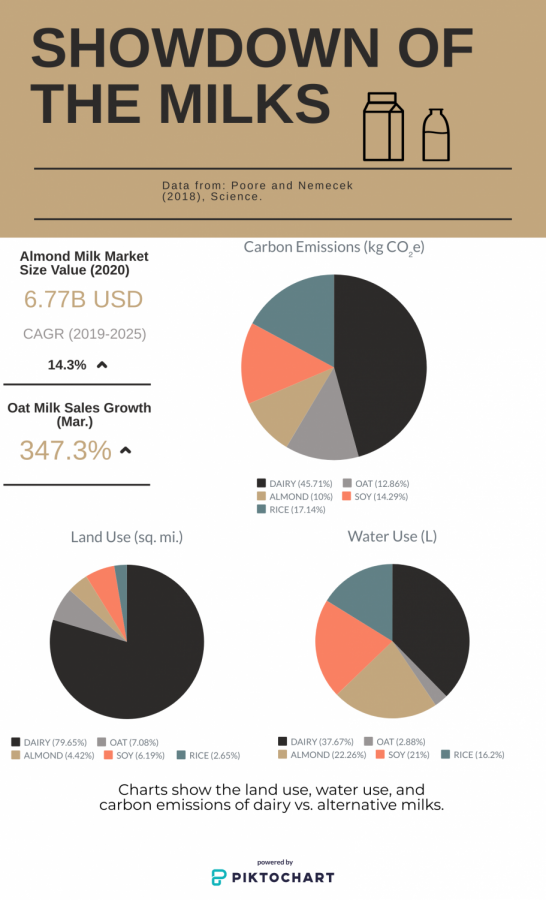
Multibillion-dollar chains such as Starbucks differ from small, privately owned coffee shops in regards to the milk used. Instead of purchasing well-known milk alternatives, they have been known to bulk-buy their own specially made milk to make it more suitable for frothy cappuccinos and lattes. Their ever-changing rotation of milks mixed with the fact that they don’t release the brands on milk used makes it difficult to put a price check on them.
What’s a few more cents per drink if businesses could be inclusive to all with their products? Frankly, the money difference is not the issue. Corporations like Starbucks should encourage those making the alternative milk choice for the sake of animals and the rapidly decreasing health of our planet, not discourage it with an added charge. Starbucks has attempted to make eco-friendly switches, such as switching to biodegradable cups and saving energy in their stores; promoting non-dairy milk in their coffee would have a lower environmental impact.
36% of Americans being lactose intolerant and 65% of Americans having some dairy sensitivity: it’s not a minor issue. Activists across the US and Canada have brought this issue to light by protesting the “vegan tax” which they argue is discriminatory to not only vegans, but also those who are lactose intolerant. In fact, PETA recently bought stock in Starbucks to further examine this issue and devise a strategy to resolve it, stating that “everyone should be intolerant to the cruelty of cows.”
Vegan author and human resources advocate Julia Brueck even went as far as to bring another perspective into the issue. She calls the extra charges racist, because a majority of people of color cannot process lactose properly. “It’s ableist,” Brueck says, “because it ignores food allergies.”
Some coffee chains have already made the switch to free non-dairy milks. Tim Hortons, Philz Coffee and Noah’s Bagels have listened to their upset customers and dropped the extra charge. Starbucks is a multibillion-dollar company and there is no excuse for the lack of equal options for those who can’t consume dairy. It’s time for multi-billion dollar companies to end the penalization for those making a conscious effort to halt climate change and animal agriculture cruelty.


